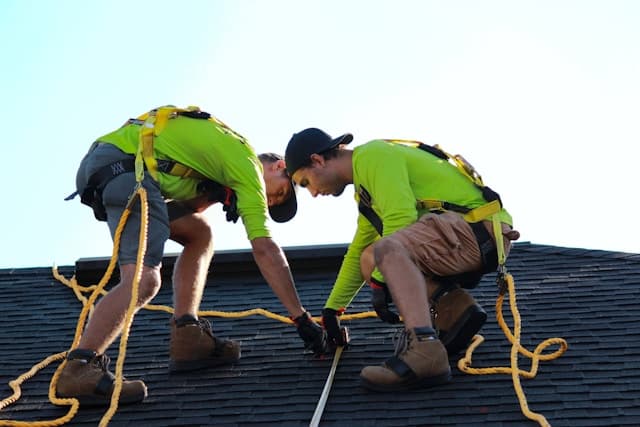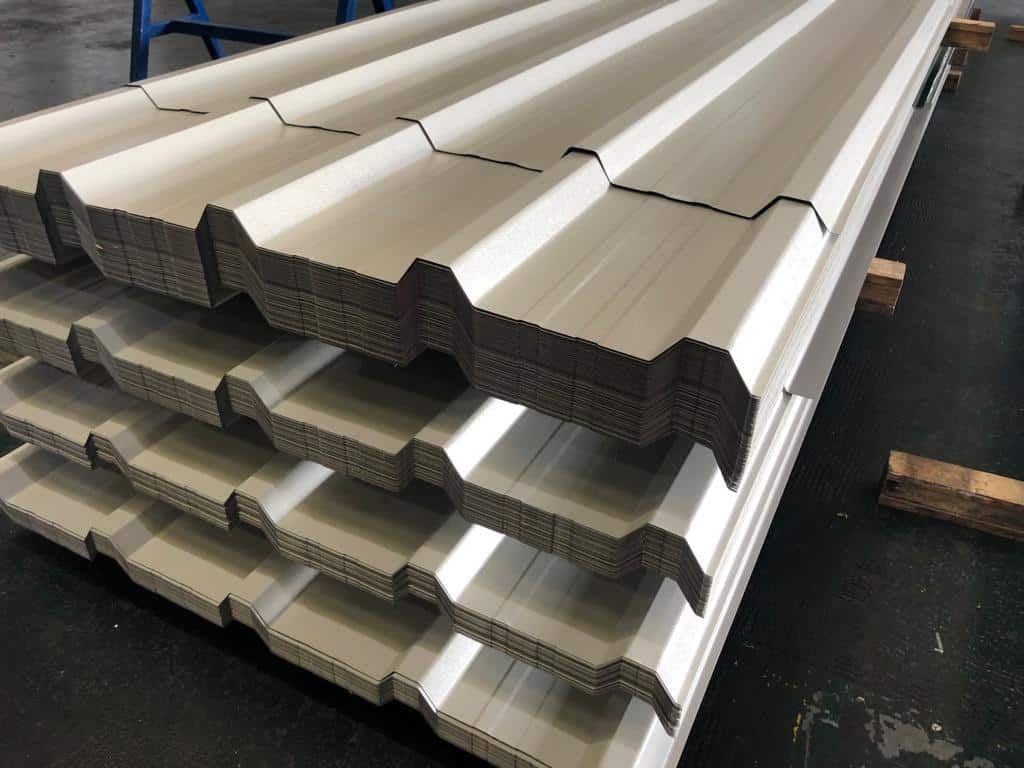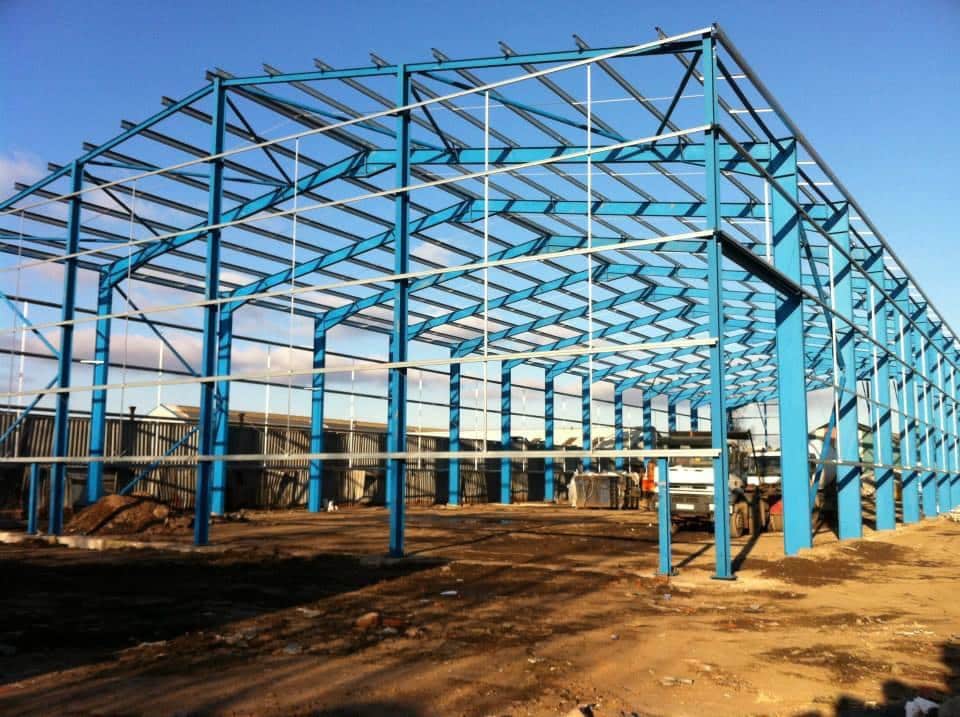Roofing is a high-risk profession that involves working at heights, handling heavy materials, and operating potentially dangerous tools. According to a report published by the HSE in November 2023, over 5,000 individuals in the UK sustained injuries at work from falls from height during the 2022/23 period. As such, roofers need to be adequately insured to protect themselves, their employees, and their clients. In the UK, several types of insurance are particularly relevant for those in the roofing industry. Here’s a general overview of the key insurance policies that roofers should consider.
1. Public Liability Insurance
Public Liability Insurance is essential for any roofer. This type of insurance protects you if a member of the public is injured or their property is damaged as a result of your work. For instance, if a tool falls from the roof and injures someone or damages a vehicle, public liability insurance can cover the associated costs. It helps cover legal fees, medical expenses, and compensation claims, providing peace of mind that unexpected accidents won’t lead to financial ruin.
2. Employers’ Liability Insurance
If you employ staff, even on a temporary or part-time basis, Employers’ Liability Insurance is a legal requirement in the UK. This insurance covers you if an employee is injured or becomes ill as a result of working for you. It ensures that you can meet the costs of compensation claims from employees who suffer work-related injuries or illnesses.
3. Professional Indemnity Insurance
While not always necessary, Professional Indemnity Insurance can be beneficial for roofers who provide advice, design, or consultancy services as part of their work. This insurance protects you if a client claims that your advice or services have caused them financial loss. For example, if a client follows your recommendations and experiences a problem with their roof, they could seek compensation for the costs involved in fixing the issue.
4. Contractors’ All Risks Insurance
Contractors’ All Risks Insurance is particularly useful for those working on large projects. This comprehensive policy covers a wide range of risks associated with construction work, including damage to the building being worked on, theft of materials, and tools. It also covers any temporary structures you might be using, such as scaffolding.
5. Tools and Equipment Insurance
Roofing requires specialised tools and equipment, which can be expensive to replace if stolen or damaged. Tools and Equipment Insurance ensures that the cost of replacing or repairing your tools is covered, minimising disruption to your work. This type of insurance can cover items stored on-site, in transit, or at your premises.
6. Income Protection Insurance
Roofing is physically demanding work, and injuries can happen. Income Protection Insurance provides a safety net if you are unable to work due to an injury or illness. This insurance offers regular payments to replace a portion of your income while you recover, helping to cover living expenses and financial commitments.
7. Commercial Vehicle Insurance
Most roofers rely on vehicles to transport tools, materials, and personnel to job sites. Commercial Vehicle Insurance is crucial for covering your work vehicles. This insurance protects against theft, damage, and accidents involving your business vehicles, ensuring you can keep your business running smoothly even if an incident occurs.
Insurance is a vital component of risk management for roofers in the UK. By understanding and investing in the appropriate insurance policies, roofers can protect their business from unforeseen events that could otherwise have significant financial consequences. It’s important to regularly review your insurance coverage and consult with a qualified insurance broker to ensure you have the right protection in place for your specific needs and circumstances.
Remember, while insurance provides crucial protection, it’s also important to maintain high safety standards and comply with health and safety regulations to minimise risks in the first place.





